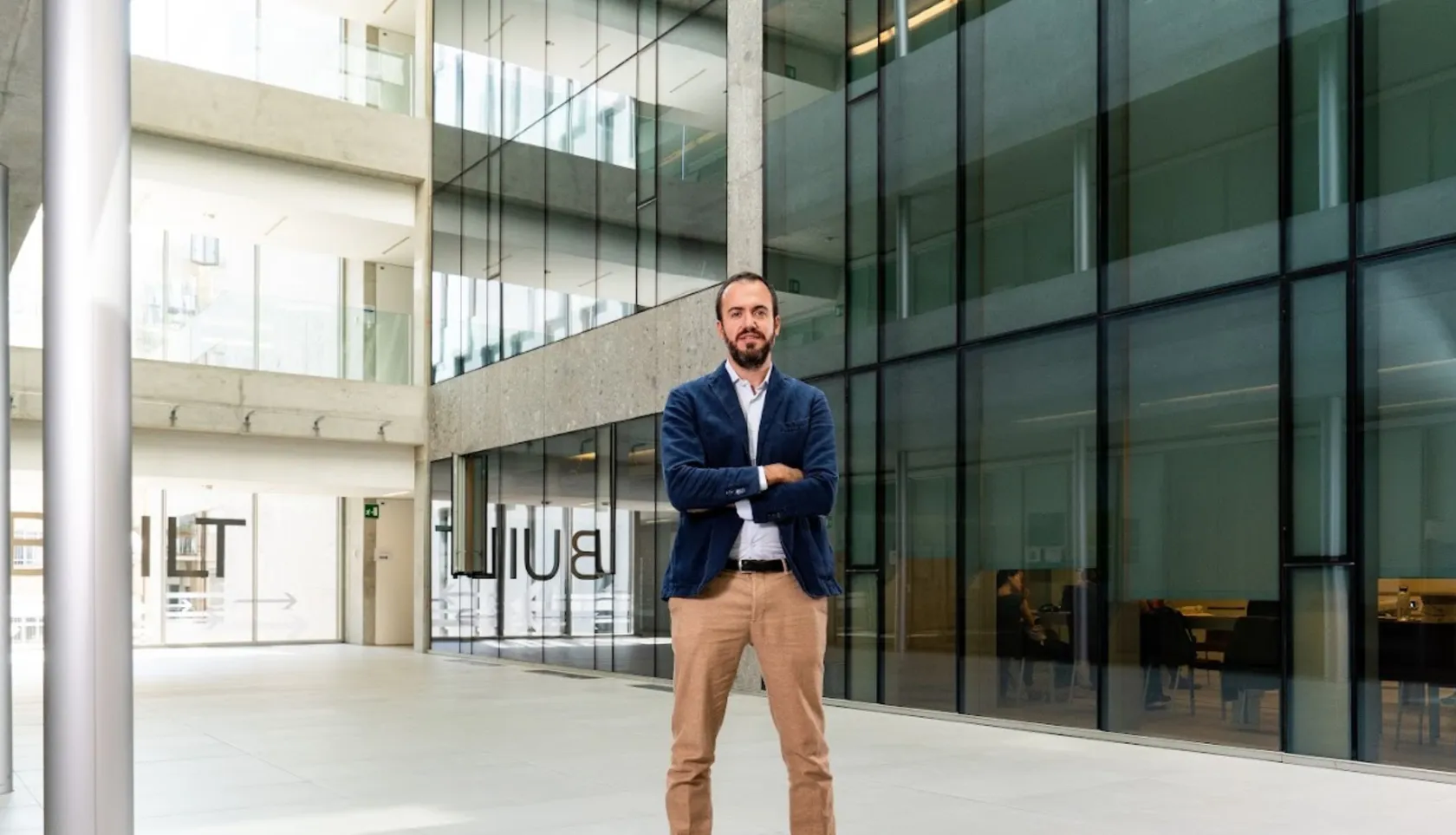
The Long Shadow of Inequality
Economic inequality is not a recent thing. Far from being a fatality of human history, it emerges and is reinforced in particular socioeconomic contexts, as Samuel Bowles (Santa Fe Institute) and Mattia Fochesato (Department of Social and Political Sciences, Bocconi University) show in their recent study The Origins of Enduring Economic Inequality, published in the Journal of Economic Literature. This research offers us a lens for reading the past, but more importantly for understanding the present: the structural causes at the roots of the concentration of wealth in pre-modern societies are still at play today, albeit in different forms.
A historical overview of inequality
Bowles and Fochesato’s study focuses on the evolution of economic inequality throughout history, and specifically on prehistoric and ancient societies. By sifting through archaeological and anthropological data, the researchers examined how wealth was distributed in early human communities, revealing that inequality was not always present in a structural and enduring way.
In hunter-gatherer societies, for example, resources were shared more equitably, thanks to a culture of reciprocity and redistribution. Early agricultural societies, where human labor was the main factor in the production of consumer goods, were also relatively egalitarian. However, with the introduction of the plow in agriculture and the accumulation of material goods such as land, animals, and early capital goods, inequalities began to grow, becoming more persistent over time. The authors identify the Neolithic as a crucial turning point: the introduction of new agricultural technologies increased the value of property and enabled the formation of distinct social classes. This process then accelerated with the birth of the first city-states, in which the centralization of political and military power further reinforced economic disparities.
The transformation from societies with episodic inequality to societies with persistent and, in some cases, extreme inequality was not a single event, but a gradual process that took place over millennia. However, it is crucial to emphasize that inequality has not been an inevitable fate: there have been exceptions, such as Paleolithic hunter-gatherer societies, egalitarian Neolithic communities such as Çatalhöyük, and the Chumash of California, which for a long time maintained a social organization with moderate levels of inequality. In these cases, factors such as high mobility, social norms of sharing, and strong opposition to the accumulation of power played a decisive role in containing inequality.
Technology and wealth concentration
One of the key points of the study concerns the role of technology in fostering inequality. In the past, the introduction of tools such as the animal-drawn plow increased the value of land and shifted economic power toward those who owned it. Today, similar phenomena occur with digitization and automation, which create enormous advantages for those with capital, advanced technological skills and information, while leaving behind those without.
As Mattia Fochesato, assistant professor in economic history, explains, “Technology is not neutral: if not accompanied by appropriate redistributive policies, it tends to reinforce the concentration of wealth, amplifying already existing inequalities.” This is evident in the growth of tech giants, which dominate entire economic sectors and accumulate resources in a way reminiscent of the concentration of land ownership in antiquity.
The hereditary transmission of wealth
Another crucial element of the study concerns the intergenerational transmission of wealth. Already in ancient societies, the possibility of inheriting material goods consolidated inequalities between generations. Today, the phenomenon persists in new forms: assets accumulated over time guarantee economic and social advantages to the wealthiest families, creating a kind of capital aristocracy.
The problem, scholars point out, is not only economic, but also cultural. “The perception that wealth is the exclusive consequence of personal merit plays a key role in justifying current inequalities, stifling critical debate on the need for redistributive reforms,” Fochesato says. This myth of meritocracy taken to extremes makes it more difficult to debate more progressive inheritance taxes or reforms that ensure greater equality in access to education and the labor market.
The power of institutions and the politics of inequality
Political institutions have always played a crucial role in reinforcing or counteracting inequality. In the past, the state’s ability to collect taxes and monopolize the use of force has often exacerbated economic inequality, favoring a small elite. Today, corruption and lack of transparency in many global institutions continue to hinder effective redistributive policies.
Add to this the weight of economic lobbies, which steer policy decisions in favor of the interests of the few, often blocking measures to reduce inequality. The result is a system that tends to perpetuate inequality rather than reduce it.
A dynamic, not inevitable phenomenon
The most important point to emerge from Bowles and Fochesato’s research is that inequality is not a natural or inevitable phenomenon, but the product of precise economic and political choices. This means that there is scope for action to reduce inequality and promote greater social equality.
A dynamic analysis of inequality, as scholars suggest, must consider ongoing transformations and interactions among technological, political and cultural factors. Tax policies, for example, must adapt to a world in which wealth is no longer just tied to land or industry, but is concentrated in intangible, but no less hoardable, assets such as data and information.
Ultimately, understanding the mechanisms that have made inequality an enduring phenomenon in history can help us imagine and build a more equitable future. History is not an immutable fate: it is a lesson to be learned.
